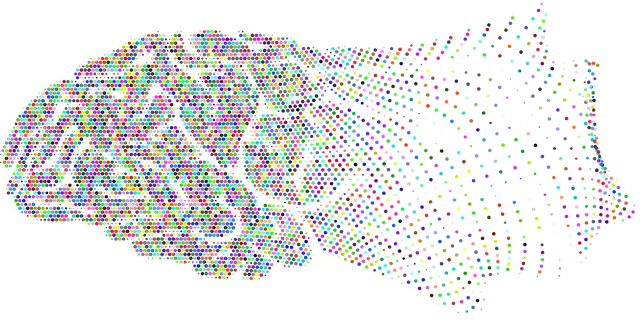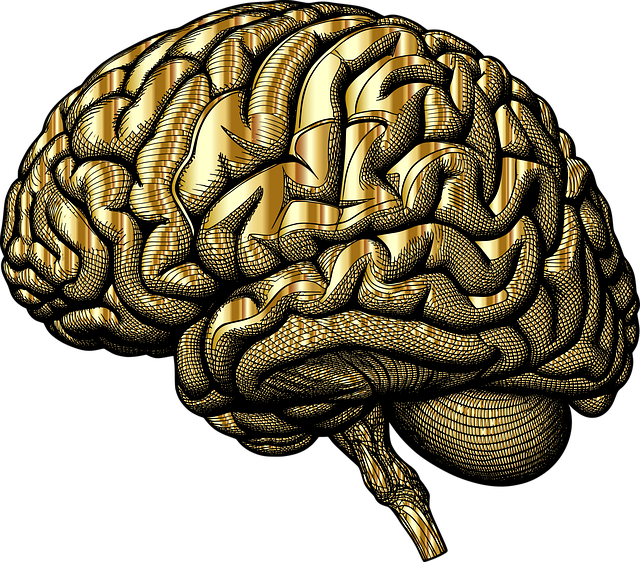Mental illness stigma significantly hinders individuals from seeking necessary help, including therapy for sexual dysfunction, anxiety disorders, and depression. This results in shame, discrimination, and social isolation, impeding recovery. To combat this, a multifaceted approach involving education, awareness campaigns, policy changes, and supportive mental health professional practices is crucial. Integrating therapy for sexual dysfunction into mental health care addresses a common yet overlooked issue, enhancing patient self-esteem and overall well-being. Professional therapy sessions provide secure environments for sharing experiences, fostering understanding, and addressing underlying causes to promote intimate relationship improvement and healthier self-images.
Mental illness stigma remains a significant barrier to treatment and recovery. This article explores comprehensive strategies to reduce mental health stigma, focusing on its profound impact on individuals and society. We delve into effective approaches within healthcare settings and broader societal efforts, emphasizing the critical role of education and empathy. Additionally, we highlight the intersection of mental health with sexual dysfunction, discussing how therapy plays a pivotal role in addressing both co-occurring issues, ultimately fostering greater understanding and support for those facing these challenges.
- Understanding Mental Illness Stigma and Its Impact
- Strategies for Reducing Stigma in Healthcare and Society
- The Role of Therapy in Addressing Sexual Dysfunction and Stigma
Understanding Mental Illness Stigma and Its Impact

Mental illness stigma is a pervasive issue that can severely impact individuals’ lives, hindering their ability to seek help and access appropriate care. It’s essential to understand that mental health conditions are as real and physical as any other medical disorder. Just as diabetes or heart disease requires treatment, therapy for sexual dysfunction, anxiety disorders, depression, and other mental illnesses are crucial for recovery. Unfortunately, stigma often leads to shame, discrimination, and social isolation, making it even harder for those affected to come forward.
Reducing the stigma surrounding mental illness is a collective effort involving education, awareness campaigns, and policy changes. Mental health professionals play a significant role in this process through risk management planning, ensuring they provide supportive environments free from judgment. By fostering resilience building within their practices, these professionals can create safe spaces where individuals feel comfortable discussing their struggles openly. This, in turn, encourages early intervention and promotes better long-term outcomes for those facing mental health challenges.
Strategies for Reducing Stigma in Healthcare and Society

Reducing stigma around mental illness is a multifaceted effort that requires changes in both healthcare settings and societal attitudes. One effective strategy involves integrating therapy for sexual dysfunction into mental health care, as sexual issues are common among those struggling with mental illness. By addressing this often-overlooked aspect, providers can enhance patient self-esteem improvement and overall well-being.
Additionally, programs focused on social skills training and promoting a healthy self-care routine development for better mental health play a crucial role in stigma reduction. These initiatives foster understanding and empathy within communities, challenging stereotypes and misconceptions. Through education and open dialogue, society can move towards a more supportive environment where individuals with mental health challenges are treated with dignity and respect.
The Role of Therapy in Addressing Sexual Dysfunction and Stigma

Therapy plays a pivotal role in addressing sexual dysfunction and the stigma surrounding it, offering crucial guidance for those seeking to enhance their mental wellness through journaling exercises or exploring emotional intelligence. Professional therapy sessions provide a safe space for individuals to openly discuss their experiences, breaking down barriers and fostering an environment of understanding and acceptance.
Sexual dysfunction can stem from various factors, including emotional distress, past traumas, or chronic illnesses, impacting not just physical intimacy but also one’s overall mental wellness. Therapists equipped with specialized knowledge in sexual health can help patients identify and overcome these challenges. By integrating social skills training into therapy, individuals learn to navigate intimate relationships with confidence, reducing the stigma associated with sexual dysfunction and promoting a healthier self-perception.
In addressing mental illness stigma, a multifaceted approach is essential. By educating society, implementing inclusive healthcare practices, and utilizing effective treatments like therapy for sexual dysfunction, we can foster a more supportive environment. The collective efforts of individuals, communities, and professionals are crucial in reducing stigma and promoting mental well-being for all.














